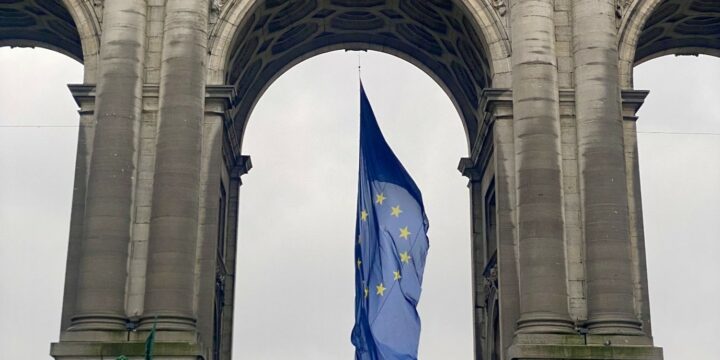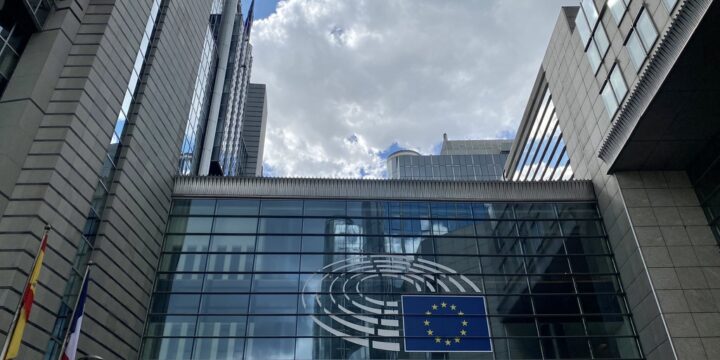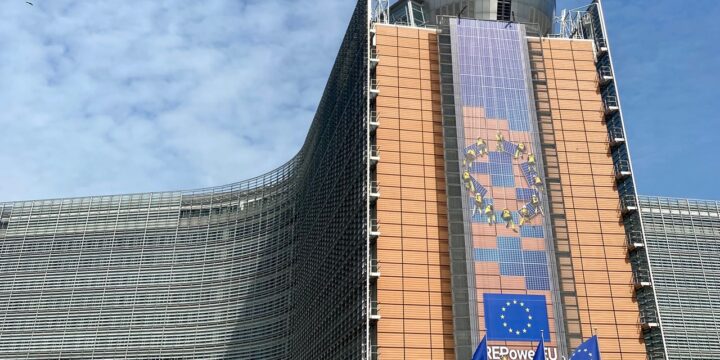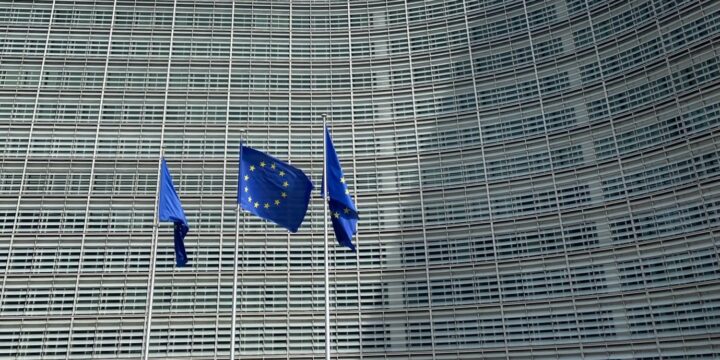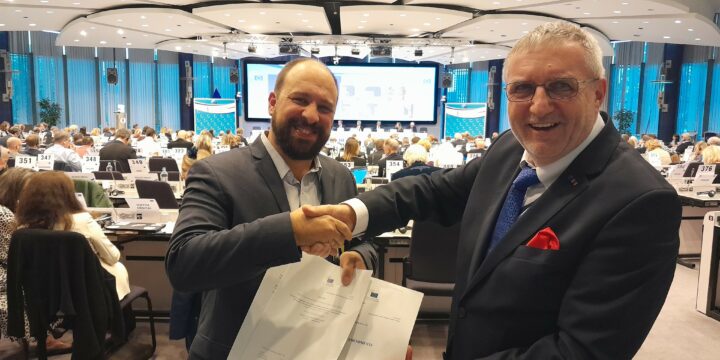
EESC adopts Opinion on Environmental, Social and Governance ratings
On 25 October 2023, the European Economic and Social Committee adopted a report by Krzysztof Balon on the transparency and integrity of Environmental, Social and Governance (ESG) ratings, on which Better Europe’s senior consultant Yiorgos Vassalos acted as advisor to the rapporteur. In the report, the EESC recommends the adoption of minimum quality requirements for ESG ratings, such as the mandatory inclusion of the assessment of company impact on people and the environment (double materiality). It also proposes reinforcing the provisions against conflicts of interest, improved transparency by moving more information on the methodology of ratings to the public domain, and a lot more. The full EESC opinion was adopted in plenary with 166 votes in favour, 2 against, and 2 abstentions, and several Members of the European Parliament have…


